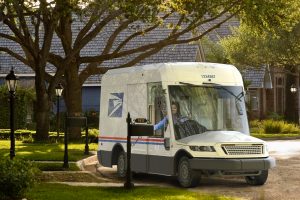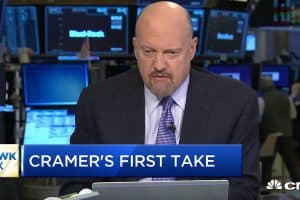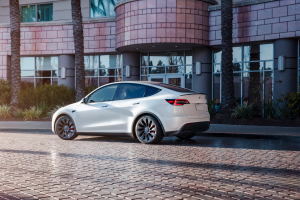- 🚫 Elon Musk’s Tesla pay package voided by Delaware Judge.
- ⚖️ Judge ruled in favor of shareholder challenging the validity of the payday amount.
- 💰 Musk’s pay package deemed “unfathomable sum” and not reasonable.
- 📉 Shareholder argued the package was not helpful to investors but only beneficial for Musk.
- 📈 Tesla executives claimed the massive payday would ensure CEO’s dedication to company growth.
- 📉 Shareholder’s attorneys argued Musk’s goals for the payday were easier to attain than portrayed.
- 🛑 Musk’s response: “Never incorporate your company in the state of Delaware.”
- ⚖️ Delaware Supreme Court can appeal the decision.
In the latest twist in the saga of Elon Musk and Tesla, a Delaware Judge has ruled against the tech magnate’s astronomical pay package, sending shockwaves through the business and investment communities. This unexpected turn of events raises questions about executive compensation, shareholder rights, and the delicate balance between corporate success and individual gain.
Understanding the Verdict
The heart of the matter lies in the verdict delivered by Judge Kathaleen McCormick of the Delaware Court of Chancery. Musk’s pay package, with a maximum value of $55.8 billion and a grant date fair value of $2.6 billion, was deemed an “unfathomable sum” and ultimately ruled as unreasonable by Judge McCormick.
1. Shareholder Challenge
- A shareholder, Richard Tornetta, took legal action, challenging the validity of the payday amount.
- Tornetta argued that the pay package did not serve the interests of investors but was solely beneficial for Musk.
2. Executives’ Defense
- Tesla executives, including prominent figures like Antonio Gracias, contended that Musk’s massive payday was essential for the company’s success.
- They argued that the substantial compensation would ensure Musk’s unwavering commitment to driving Tesla’s growth.
3. Attorneys’ Claims
- Attorneys representing Tornetta countered, asserting that Musk’s goals to achieve the payday were more achievable than portrayed.
- They emphasized that Musk should focus on Tesla rather than dividing his attention among multiple ventures.
Analyzing the Implications
– Corporate Governance
The verdict brings corporate governance into the spotlight. How much is too much when it comes to executive compensation? This case challenges the conventional norms and prompts a reevaluation of corporate governance practices.
– Shareholder Advocacy
Tornetta’s victory underscores the power of shareholder advocacy. It signals that shareholders are increasingly vigilant about protecting their interests, pushing back against compensation packages that may seem disproportionate.
– CEO Commitment
The defense’s argument that the massive payday ensures Musk’s dedication raises questions about the link between executive compensation and a CEO’s commitment to a company’s success. Should personal financial gain be tied so closely to corporate performance?
Musk’s Quirky Response
In typical Musk fashion, the CEO responded to the ruling with a cryptic tweet: “Never incorporate your company in the state of Delaware.” This adds a layer of intrigue and sparks speculation about Musk’s perspective on the legal and regulatory environment in Delaware.
The Road Ahead
While this ruling is a significant setback for Musk and Tesla, the journey might not be over. The Delaware Supreme Court has the option to appeal the decision, potentially reopening the case and prolonging the legal battle.





